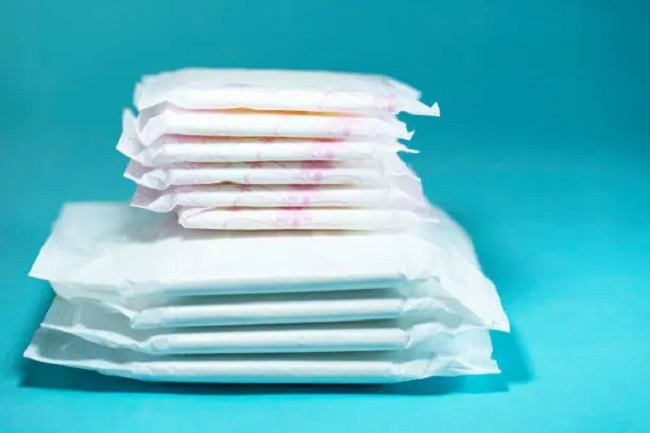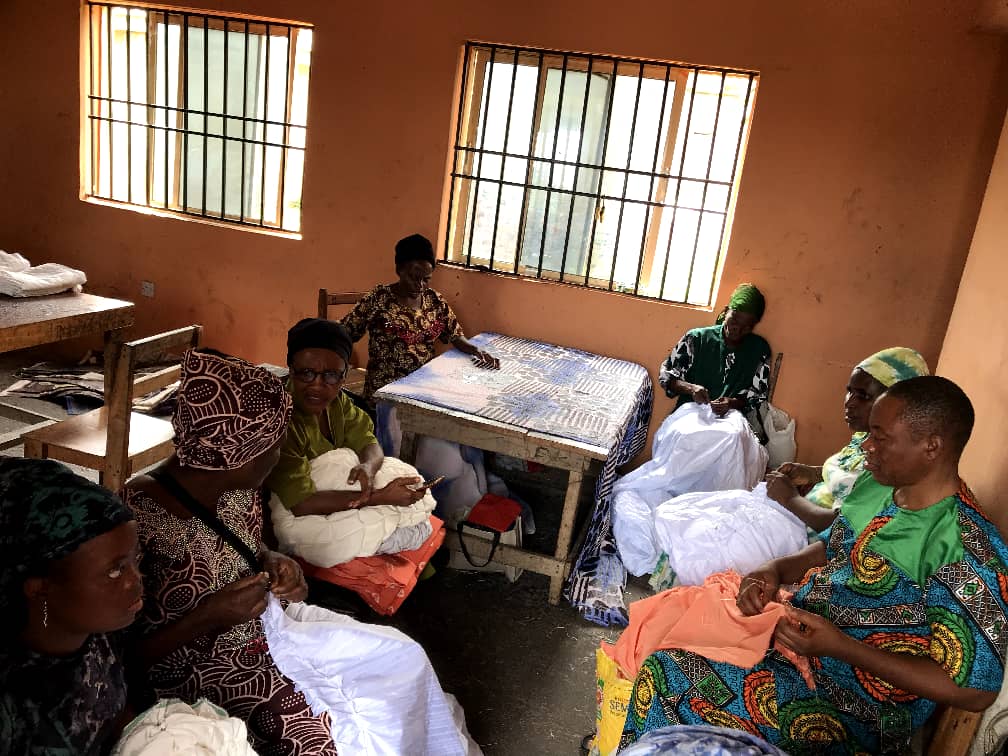Many Nigerian women still unable to afford menstrual pads
[ad_1]
National President, of the Medical Women’s Association of Nigeria (MWAN), Dr Kemi Otolorin says 25 per cent of Nigerian women cannot access water, or enough funds to buy menstrual pads and toilet facilities.
Dr Otolorin, who spoke at the donation of books on adolescent health titled ‘What Adolescents are Asking about Menstruation” to four different secondary schools in Ibadan to mark the first anniversary of Dr Oyindamola Adeyemi-led MWAN Oyo State chapter executive, said many adolescent girls are forced to stay out of school when on menses because of their inability to purchase sanitary pads.
Otolorin, represented by Dr Gbemisola Daramola, declared that the issues of menstruation in adolescents are very important and so intends to increase advocacy for subsidising sanitary pad costs and good toilet facilities to ensure that girls during menstruation do not have to stay out of school.
In a remark, Dr Omolara Smith said when girls do not menstruate, it is actually a problem for parents as in the future they might not be able to get pregnant and give birth to babies.
Earlier, MWAN Oyo president, Dr Adeyemi said the organisation’s donation of the books was to correct wrong notions among young females in the community and empower young girls, parents and teachers with valid information about menstruation, and sexual and reproductive health.
According to her, “culturally, limited discussions on menstrual and sexual related matters encourage the widespread dissemination of false information. This is worsened by our girls seeking answers to their concerns from their peers and social media where they also encounter false information thereby making them vulnerable to unscrupulous elements in the society to prey on their innocence.”
In his chairman’s opening remark, Oyo State Commissioner for Education, Barrister Abiodun Abdulrahman stated that educating a girl-child on menstrual health is tantamount to building a healthy and informed nation.
Barrister Abdulrahman, who was represented by Mrs. Felicia Oyemade, Deputy Director of Schools, said issues around menstrual hygiene are a must-learn by young adolescent girls attaining the age of puberty and ready to learn new things about its management.
ALSO READ FROM NIGERIAN TRIBUNE
[ad_2]















Post Comment